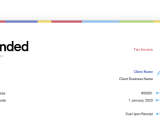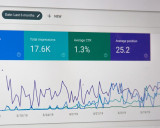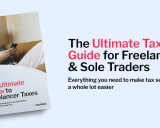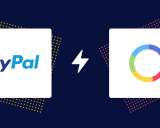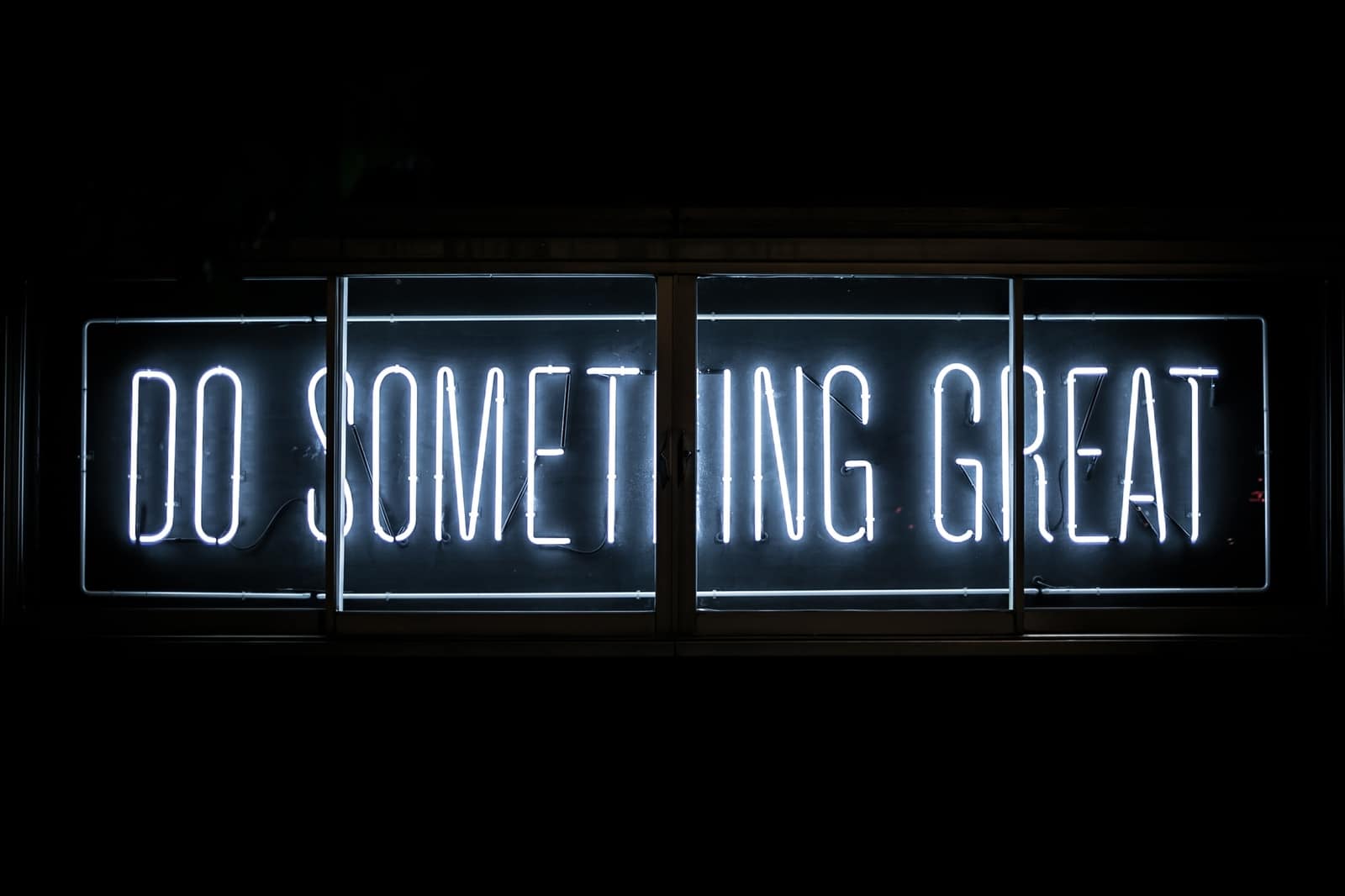
Freelance Legends: Lessons from the first 12 months of freelancing
Wouldn’t it be nice to look into a crystal ball and see what your first year of freelancing would be like? We have the next best thing—a conversation with three successful freelancers who reflect on the lessons they’ve learned over their first 12 months.
Article contents
− +- Introduction
- Introducing our Freelance Legends
- What made you become a freelancer?
- Why finding a community is key for first-year freelancers
- Dealing with the first-year freelancer’s learning curve
- The value of confidence, positivity, and a cool head
- How did you find your first clients?
- Successes and looking to the future
- Are you ready to start freelancing?
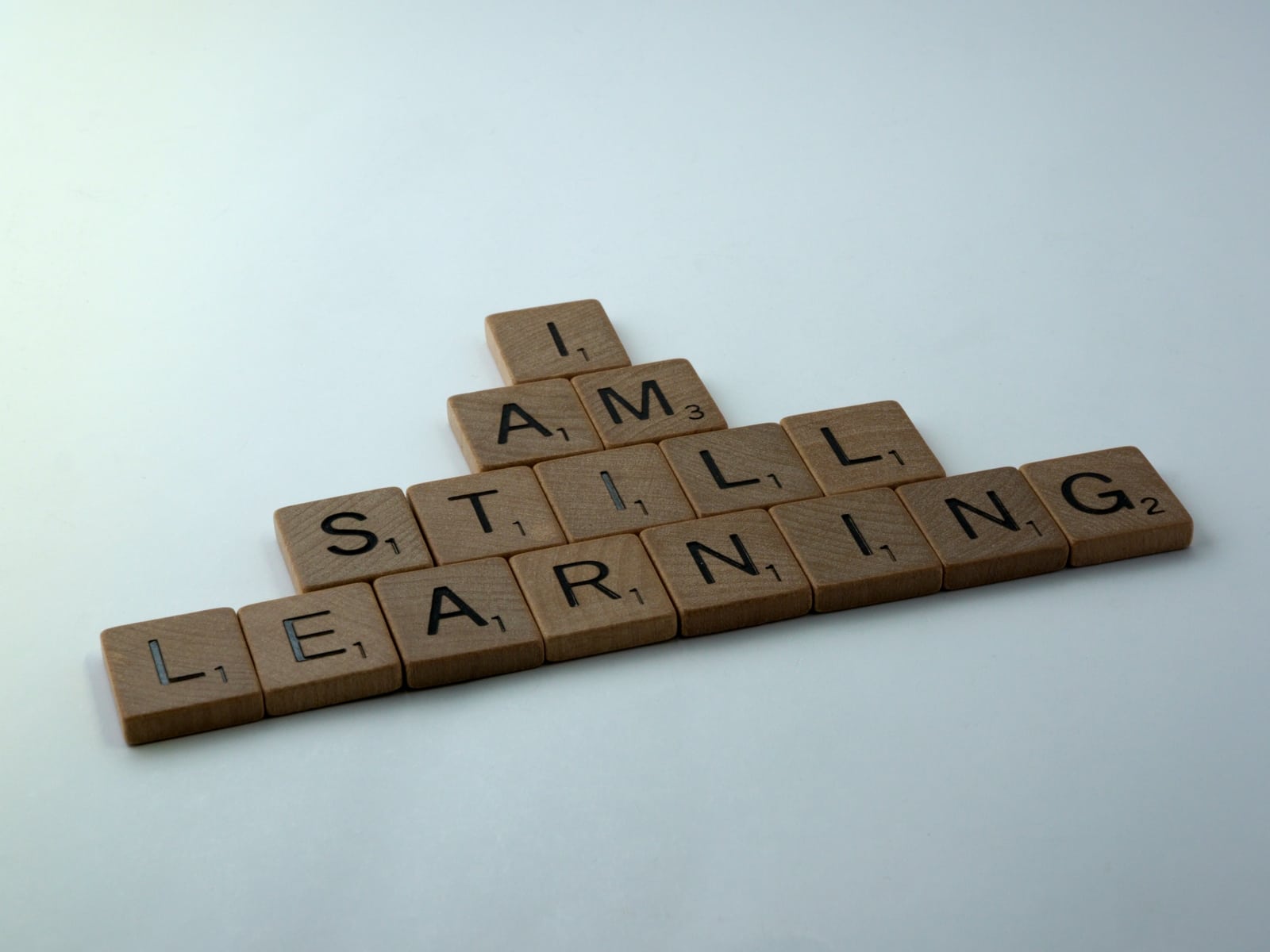
The first year of freelancing can be a bit of a roller coaster. On the one hand, you’ll enjoy new freedoms like planning your own schedule, being choosy about your clients, and working from wherever you like.
On the other hand, you’ll face a learning curve as you figure out exactly how to set up a business, manage your work, and keep the leads coming in.
Your first year will be a lot smoother if you know more about what to expect. And the best way to figure that out is to talk to people who’ve already been there—which is exactly what we did in our recent Freelance Legends series.
We gathered together three freelancers who had just wrapped up their first years and asked them to reflect on their biggest wins, their greatest learnings, and everything in between. Here’s what you’ll learn in this discussion:
How they found their first clients
The biggest lessons they learned early on
How they found a community to support them
How they took on the learning curve of running a business
What they’re looking forward to in the future
You can watch the full interview here, or read on for a summary of the key takeaways from our conversation.
Introducing our Freelance Legends
For this conversation, we gathered three women who had unique stories and experiences to share.
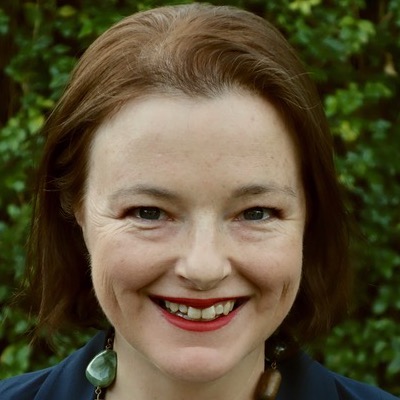
Our first panelist, Sally Bathgate, is a health and medical writer with a passion for health literacy. At the time of our conversation, she’d been freelancing for just over a year—and it was actually her idea to have a webinar on this topic. (If you have a topic you’d like to discuss, send us an email with your idea.) You can learn more about Sally on her website, Generate Health Sydney, or via her LinkedIn, Twitter, and Facebook.
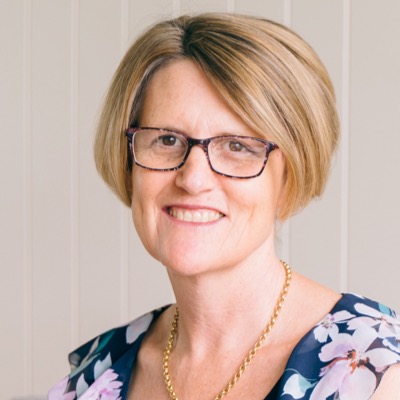
We were also joined by Honni Hayton, who provides confidential counselling for women to help them overcome challenges at work, at home, and within their relationships. Honni started out offering counselling services on the side while working full time, but had been running her business full time for about 18 months when we spoke. To learn more about Honni, visit her website, Honni Hayton Counselling, or find her on Facebook or Instagram.
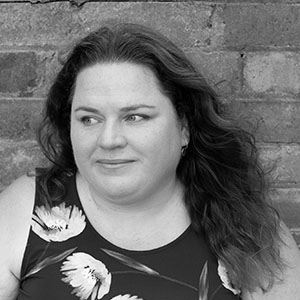
Jennifer Robson, our third panelist, is a content strategist and copywriter who has experience working with a variety of big brands, particularly global tech companies. Like Honni, she’d been freelancing for about a year and a half when she joined our conversation. Check out Jennifer’s website, JenniferRobson.com.au, or connect with her on LinkedIn, Facebook, or Instagram.
What made you become a freelancer?
Just like superheroes, every Freelance Legend has their own origin story. We wanted to know what made our three panelists start their own businesses.
All of our guests had been working full-time in office jobs before they began freelancing; Sally was working in pharmaceuticals, while Jennifer dedicated 7 years to a large corporation and Honni worked in the non-profit sector.
Though their backgrounds were different, each of them experienced a “moment of truth”— a point where they had to ask themselves the question:
“What should I do next?”
For both Jennifer and Honni, this moment came after they were made redundant.
“It was just the shove I needed to go out on my own,” Honni said. “I just wasn’t able to make the transition until I really had to.” Since she’d already been offering counselling on the side, she decided to take the leap and try it full time.
Jennifer was a bit more reluctant to dive into freelancing. After so many years working in a corporation, the idea of striking out on her own wasn’t that appealing. But as she was figuring out what her next step would be, a number of old coworkers who had since started freelancing started sending work her way, and within a month and a half she’d registered for GST, a big step toward becoming a full-time freelancer.
Sally’s journey to freelancing was a bit different. She’d taken a break from full-time work to live overseas and eventually start a family. When she came back to Australia, she wasn’t sure what she wanted to do next. She knew writing was a passion of hers, and after finding a number of existing freelancers already working in the field, she decided to give it a go herself.
Why finding a community is key for first-year freelancers
Our conversation turned to their first few days and weeks of running their own businesses, and how they managed to navigate what can be an anxiety-inducing moment in any freelance career.
All three of our panelists had the same answer: Finding a community of like-minded people was key to their success.
Starting out as a freelancer can feel isolating. Your friends and family may not understand what it is you’re doing, or they just don’t have the capacity to talk about business with you.
If you can tap into a community of other freelancers, you’ll find people who are not only happy to talk about running a business—they’re also willing to share their experiences, give solid advice, and support you as you start your freelance career.
But where can you go to find a community?
Sally found her community online, through a Facebook group run by the legendary digital marketer Kate Toon.
Jennifer connected with former colleagues who were a few steps ahead of her, and found that her connections with them revived some of the aspects of office life she missed.
“Even if you’re not the kind of person who talks a lot, you miss that kind of office banter,” Jennifer explained. “Finding a community was the most important thing for me. People I could pretend were my colleagues, even though they’re on their own paths with their own businesses.”
Honni already had a friend who was running her own business, and she would often meet up with her to talk shop. Eventually, her friend signed up for a business coach, and Honni did the same soon after seeing the results her friend got shortly thereafter.
“Working with a business coach just narrowed things down and gave me a roadmap that said: This is where we’re going, and this is how we get there.” The accountability and support her business coach provided helped her triple her income in the months following.
Dealing with the first-year freelancer’s learning curve
Most people who are just starting out have never had to set up a business in Australia, and all of the new terms and processes can feel overwhelming.
“Everything was playing catch-up,” Jennifer told us. “It was one of those things where I didn’t know I needed something until I needed it.”
Honni reflected on a common phenomenon among freelancers: You may be great at what you do, but that doesn’t mean you know how to run a business.
“I knew I was a good counsellor,” she told us, “but the whole business thing… I didn’t know what I didn’t know.”
This issue is one of the reasons we created Rounded. We knew freelancers faced an uphill battle when it came to things like taxes, expenses, and invoices. We designed our software to make all that business-y stuff easier and built a library of resources to help you flatten that learning curve.
The three panelists also found that the communities they’d joined since starting their freelance journey came to the rescue. They were able to ask other freelancers what they’d done, and soon found that the learning curve didn’t seem so steep after all.
The value of confidence, positivity, and a cool head
For our next question, we asked the freelance legends to tell us the biggest learnings they had from their first year.
“Confidence is key; confidence is king—or queen,” Sally told us. Starting out, she felt uncertain and anxious about her future, and this led her to make some bad decisions, like doing work for a client before they’d signed on the dotted line. This ended up costing her time and energy when the client decided not to hire her after all.
Honni and Jennifer both echoed this sentiment, adding that a positive mindset was key to move their businesses forward.
“Don’t let emotions rule your decisions,” Jennifer said. She shared a story with us about a moment when she had accepted a client who was giving off lots of red flags, because she was feeling anxious about a gap in her income. This ended up backfiring—the client was more trouble than they were worth, and she was able to replace the income without them anyway.
How did you find your first clients?
Next, we asked the question that is one of the biggest concerns for first-year freelancers:
Where and how can you find your first paying clients?
Both Jennifer and Sally were quick to say that referrals have consistently been their best resource for new leads. This underscores their earlier statement about the value of community—if you’re able to build relationships with people who work in similar industries, you’ll be much more likely to have work sent your way.
Honni took a different approach. “I have a whole marketing strategy now that I’m working on that has lots of different parts to it,” she says. “It’s never just one aspect that’s gonna bring people to you; you have to have a combination of techniques that really give you that credibility.”
Successes and looking to the future
To wrap up our conversation, we asked our panelists to share their biggest successes, and what they are looking forward to in their second year of freelancing. Their answers should be inspiring for anyone who’s trying to decide if they are ready to start freelancing.
Jennifer’s biggest success was doubling her financial goal from 2019, and earning more as a freelancer than she had while working at a big corporation. She also recently launched a new side project called Coffee Content Repeat. It’s both a learning hub and community for people who want to learn more about the world of content strategy and marketing.
Like so many others, Sally had to rethink her goals once the Covid-19 crisis began. Originally, she’d planned to make 2020 the year she expanded her network through live events and gatherings. Now, she’s recentred her approach to find ways to grow her network while staying safe at home and helping her kids manage online schooling.
Honni launched a new six-month course called the Empowering You Program. Not only does the new offering give her a new way to serve her clients, but it also acts as an exciting new revenue stream for her business.
Are you ready to start freelancing?
If you found our conversation with Sally, Honni, and Jennifer inspiring, then there’s a good chance you’re getting ready to start your own freelance journey.
If so, we’ll be here to help you get set up and start earning money with your new career. If you want to see how Rounded works, try a free 14-day trial. And be sure to check out our library of resources.
Cover Photo by Brett Jordan on Unsplash
Contents
- Introduction
- Introducing our Freelance Legends
- What made you become a freelancer?
- Why finding a community is key for first-year freelancers
- Dealing with the first-year freelancer’s learning curve
- The value of confidence, positivity, and a cool head
- How did you find your first clients?
- Successes and looking to the future
- Are you ready to start freelancing?
Join newsletter
ABOUT ROUNDED
Invoicing and accounting software for sole traders. Get paid faster and relax at tax time.
